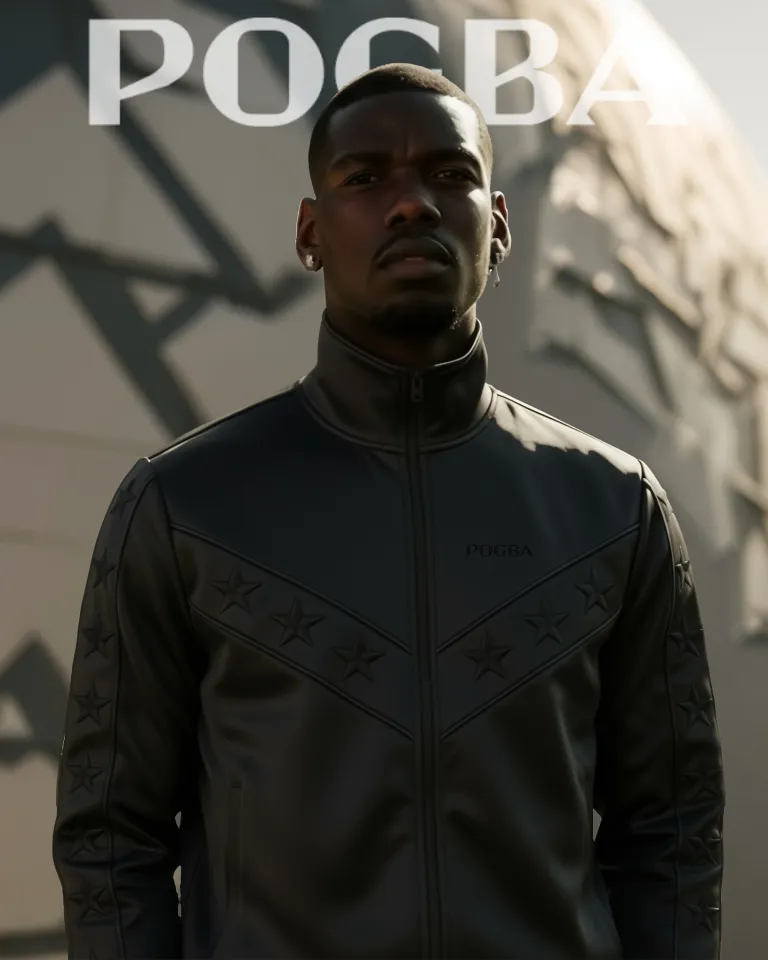Football star Paul Pogba has taken a definitive step into the fashion world, unveiling his own luxury clothing brand named Pogba MDXCIII. The 32-year-old French World Cup winner and former Manchester United midfielder launched the brand’s Instagram page over the weekend, signalling a major pivot or extension of his off-pitch profile.
Co-founded with partner Jonathan, the brand already features Pogba’s wife, Zulay, a Bolivian model and interior designer, as a key part of the campaign, modelling a variety of the brand’s pieces. The debut collection includes T-shirts, caps, hoodies, tracksuits, socks and boxer-brief sets with pricing starting from around £26 for socks, £70 for hats and nearly £300 for full tracksuit sets.
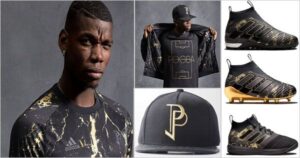
Pogba continues to honour his existing sponsorship with Adidas while simultaneously building his own label. According to the brand’s launch statement, Pogba MDXCIII “represents a bold and modern vision of luxury” rooted in heritage, movement and victory. The line is produced in a Miami-based studio and claims to employ high-quality fabrics and artisanal manufacturing.
This move reflects a broader trend among high-profile athletes turning personal brand equity into fashion and lifestyle ventures. Pogba, celebrated not only for his performances on the pitch but also his fashion sense and social-media presence, appears to be capitalising on that crossover appeal to shape a sustainable business beyond football.
For Ghanaian fans and fashion-aware audiences, Pogba’s launch has particular resonance. Ghana’s fashion scene has seen a surge in athlete-led and celebrity clothing initiatives, ranging from “streetwear meets heritage” to premium sports-lux labels. Pogba’s approach echoes an ambition that many Ghanaian entertainers and sports icons share: to blend performance, identity and culture into an internationally competitive brand.
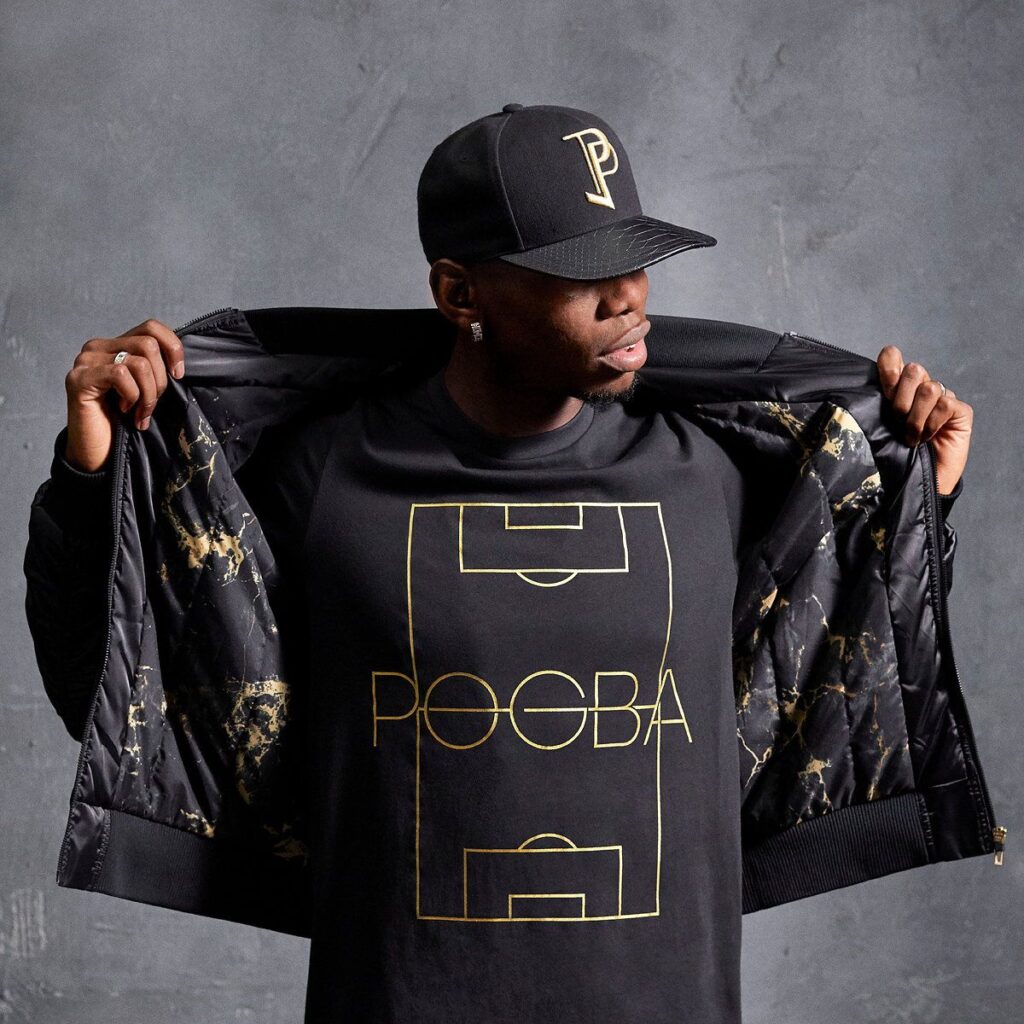
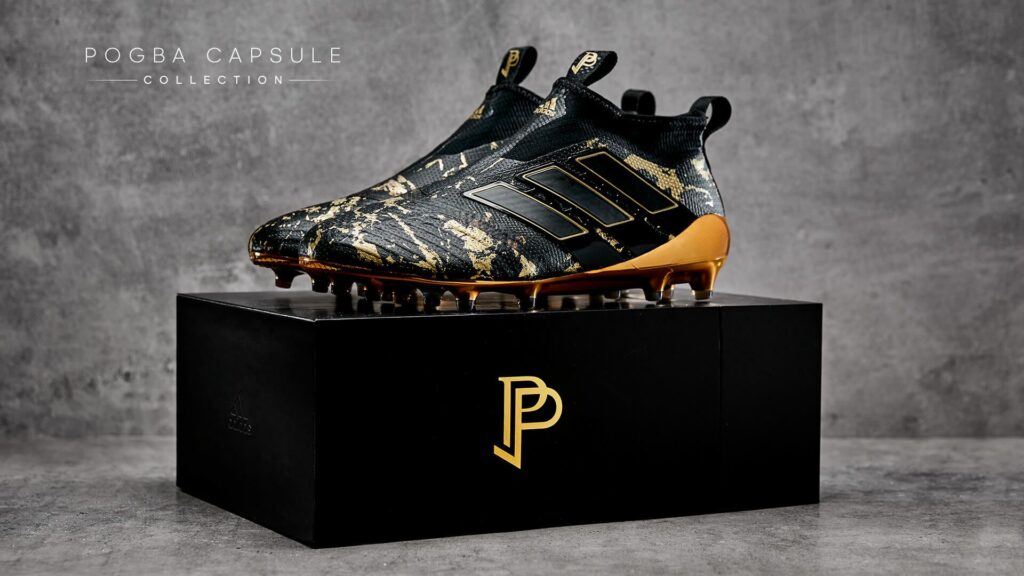
A number of Ghanaian footballers and musicians have previously dipped into apparel lines, but Pogba’s entry raises the bar in terms of scale, pricing and narrative. Ghana’s streetwear culture already embraces bold patterns, football-inspired motifs and limited-edition drops. If Pogba MDXCIII targets African markets or diaspora consumers, it could influence local strategy and consumer expectations.
The timing of the launch is also notable. Pogba is in a transitional phase of his playing career, his four-year ban was reduced to 18 months by the Court of Arbitration for Sport in 2025 after he tested positive for a banned substance. His return to competitive football with Monaco has afforded him fresh momentum, and launching a fashion brand now might guard against future uncertainty while leveraging his renewed visibility.
From a business standpoint, leveraging athlete-influencer status offers both advantages and risks. Pogba already commands global recognition, social-media reach and cultural influence, key assets in fashion. Yet building a luxury label demands operational depth: design, supply chain, retail strategy and brand storytelling. European and African consumers are increasingly discerning and expect brand authenticity, social-impact credentials and value.
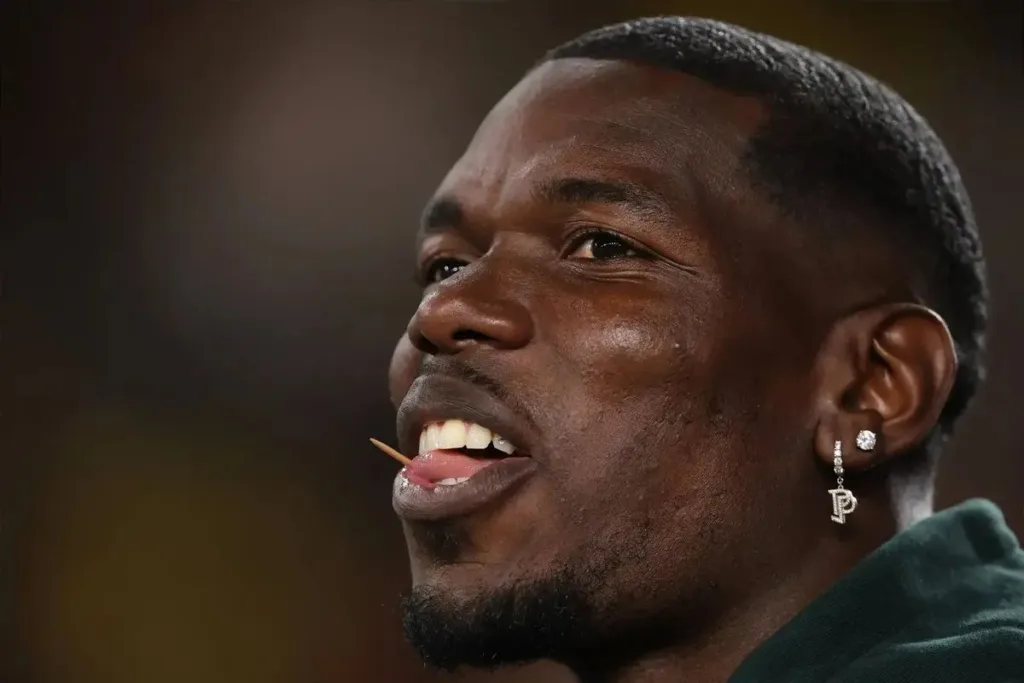
For Ghanaian youth, especially those with interests in sports, fashion or entrepreneurship, two lessons emerge from Pogba’s move. First, the athlete’s personal brand extends beyond on-field performance—appearance, social identity and authentic storytelling matter. Second, launching a lifestyle brand requires long-term thinking: product quality, narrative consistency and market-specific relevance are critical. In Ghana, this might mean tapping Afro-futurist aesthetics, local manufacturing or limited-edition drops tied to cultural events like Afrobeats festivals or football tournaments.
It will also be important to watch how Pogba positions physical availability of the range in Africa. Limited-edition drops, online channels accessible to Ghanaian consumers, and partnerships with African retailers could stimulate the market and local interest. Fashion-savvy fans in Accra, Kumasi or beyond may well purchase a Pogba tracksuit if priced and distributed effectively or should the label offer African-inspired capsule collections, it may resonate even more deeply.
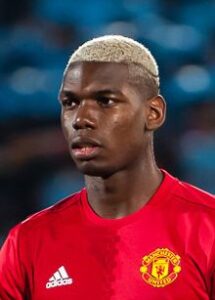
The launch of Pogba MDXCIII is more than a celebrity fashion drop, it reflects how global leisure-wear and sports-lux brands are evolving. For Pogba it offers a hedge against life after professional football. For consumers it offers a statement piece and for African creatives it illustrates how culture, performance and business intersect. His wife’s involvement, the luxury pricing and the narrative around victory and style position the label in premium territory distinct from fast-fashion athlete brands.
Whether Pogba MDXCIII will achieve longevity remains to be seen. Success will depend on the brand’s ability to deliver on design quality, customer experience and global scalability. For Ghana and West Africa, this launch suggests that athlete-driven luxury fashion is no longer niche, it is mainstream and globally visible.

